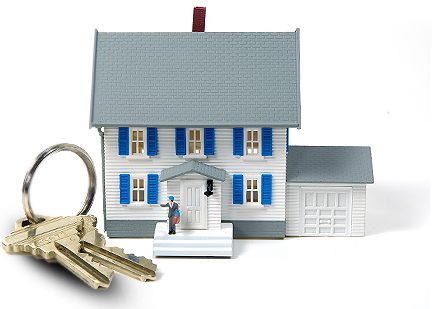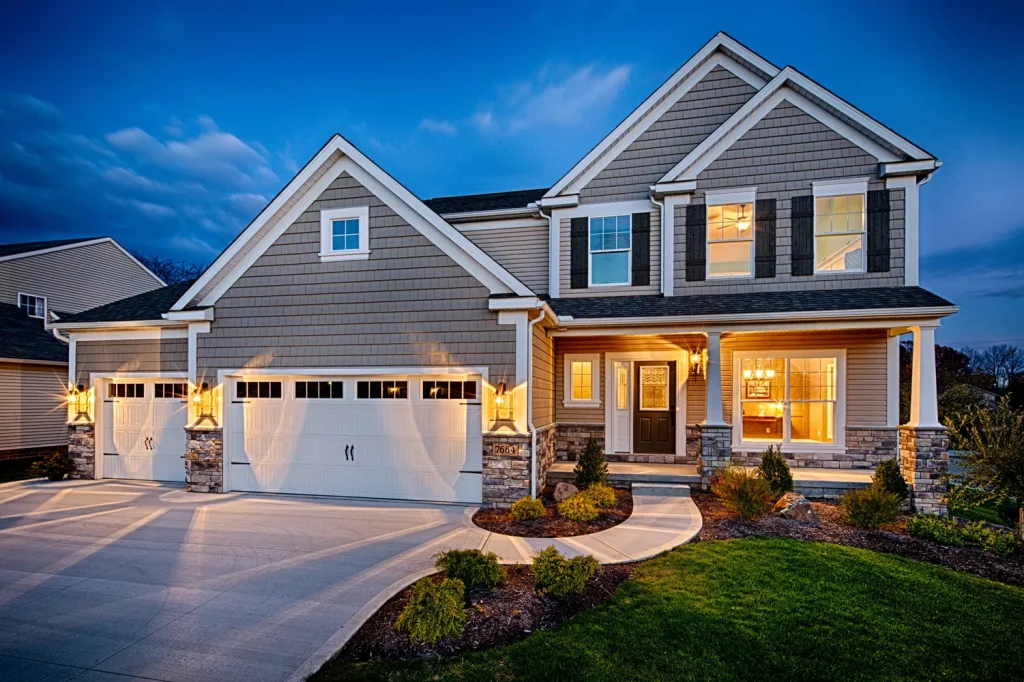First-Time Buyers Thrive Under the Guidance of Skilled Real Estate Agents
Buying a home for the first time can feel exciting yet overwhelming. Many first-time buyers face challenges such as understanding the market, handling paperwork, and making the right investment choice. Skilled real estate agents play a key role in simplifying this process. Their expertise, guidance, and understanding of buyer needs ensure that every step becomes smoother and less stressful. With the right agent, first-time buyers can feel confident and supported, making their journey from searching to closing both rewarding and successful.
Skilled agents bring knowledge and experience that first-time buyers often lack. They explain complex terms, guide buyers through legal requirements, and help identify properties that match their preferences and budget. By offering direct advice and practical solutions, they make the entire process more manageable.
Key Benefits of Skilled Agents for First-Time Buyers
- Clear Guidance: Agents explain the buying process in simple language, reducing confusion and stress.
- Market Knowledge: They understand current market trends, ensuring buyers make informed decisions.
- Negotiation Skills: Skilled agents negotiate prices effectively, saving buyers money.
- Time Savings: Agents handle research, scheduling, and paperwork, freeing buyers to focus on decisions.
- Emotional Support: They provide reassurance during stressful moments, helping buyers stay confident.
One of the most significant advantages of working with an agent is their ability to match properties to a buyer’s needs. Instead of browsing endless listings, buyers receive options tailored to their preferences and budget. This targeted approach prevents unnecessary stress and wasted time. Agents also protect buyers from costly mistakes. They review documents carefully, explain hidden fees, and ensure all requirements are met before closing. Their attention to detail helps first-time buyers avoid financial risks and future issues with their property.

Communication is strength of skilled agents. They respond quickly to questions, provide regular updates, and keep the process moving smoothly. For buyers unfamiliar with real estate terms or procedures, this on-going support builds confidence. With deep market knowledge, Makelaar Wognum helps clients find perfect properties efficiently and stress-free.
How Skilled Agents Help First-Time Buyers Succeed
- Identify affordable properties that meet specific needs.
- Provide step-by-step guidance through financing and legal processes.
- Use their experience to spot potential problems with properties.
- Offer honest advice about value and investment potential.
- Support buyers from the first visit to the final signing.
First-time buyers often feel pressure to make quick decisions or fear missing out on opportunities. Skilled agents remove this pressure by offering professional insight and a clear plan. Their experience allows buyers to proceed at a comfortable pace while still making competitive offers. In summary, first-time buyers thrive when they work with skilled real estate agents. These professionals provide the knowledge, negotiation power, and emotional support needed for a smooth purchase. By simplifying the process, avoiding costly mistakes, and matching the right property to the right buyer, agents ensure that the dream of owning a home becomes a rewarding reality. With expert guidance, first-time buyers can confidently take their first step into homeownership.





